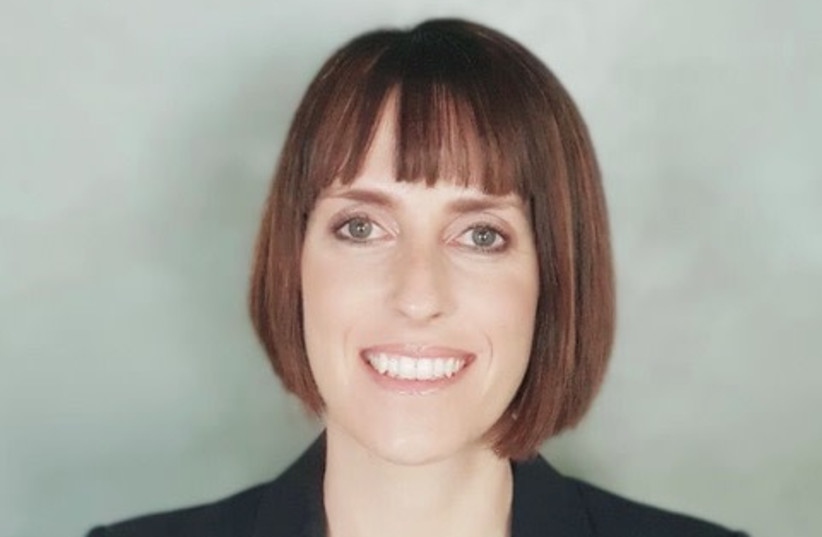With more than a million Israelis expected to be diagnosed with type 2 diabetes by 2040, health experts have identified a strong need for innovative models to prevent, treat and cure this chronic disease.
The Azrieli Faculty of Medicine at Bar-Ilan University and The Russell Berrie Foundation have announced a new $75 million, comprehensive 10-year program to help transform diabetes care in the northern Galilee region, with the simultaneous goal of spurring innovations in diabetes treatment and prevention that can be applied around the world.
The announcement was made in time for World Diabetes Day, which is on Sunday.
The program is being called the Russell Berrie Galilee Diabetes SPHERE, an acronym for “Social Precision-medicine Health Equity Research Endeavour.”
It centers on collaboration between health funds, hospitals, researchers, municipalities, social services and industry professionals, religious community leaders, women’s organizations and nonprofits in the region, who will work together to develop best practices for the prevention of diabetes and the care of people with the disease.

“The need for innovative models and approaches is expected to be greater than ever in the COVID-19 and post-pandemic era due to its amplified effect on chronic disease health inequities,” said Azrieli Faculty of Medicine Dean Prof. Karl Skorecki, who initiated SPHERE.
“Having thoroughly examined the diabetes landscape in the Galilee, we believe that this coordinated effort will lead to substantial impact and consistent and sustainable improvement in the region, as well as set an example for other initiatives dealing with chronic diseases in geographic and social peripheral communities.”
DIABETES IS on the rise in Israel and around the world. The number of diabetics has nearly quadrupled between 1980 and 2014, according to the World Health Organization, from more than 100 million to 422 million. Some 600,000 Israelis are already considered pre-diabetic, with an annual conversion rate of about 6.5% becoming diabetic, according to Dr. Sivan Spitzer, who will serve as deputy director of SPHERE.
A significant percentage of diabetics with the most severe symptoms tend to be from socioeconomically disadvantaged populations.
In Israel, of the million Israelis expected to have the disease in less than 20 years, a disproportionate number will be from areas like the Galilee, which is home to Muslim Arabs, Christian Arabs, Jews, Druze, Bedouin, Circassians and Maronites – many of whom are poorer and have low health literacy.
Part of the program’s goals is to bring about a 50% reduction in the conversion rate from pre-diabetes to diabetes and a dramatic increase in the number of diabetes patients whose glucose levels are well-controlled.
The idea is to effect change by “bringing all the different partners around the table,” Spitzer said. “The true innovation is cutting down silos and creating true synergy for health.”
The program has four pillars: prevention, control, care and the search for a cure.
Prevention will include, for example, creating community infrastructure to promote healthy lifestyles. Spitzer said that this could include leveraging an urban planner who is already on the team to work with the municipalities on establishing outdoor gyms or walking paths to ensure residents have places to exercise.
Control would mean “marrying precision medicine with social determinants of health to improve clinical management and mitigate complications,” a release explained. The care aspect is the integration of health providers and community workers and systems for the benefit of existing and potential patients.
Cure will be spearheading “new cutting-edge science and trials” through the medical school, Spitzer said. The release added that SPHERE researchers will work to identify genetic mutations that cause diabetes in specific populations to help enable precision medical care, as well as the development of new diagnostic and prevention tools.
“This is the largest project of its kind in our nation’s history,” said endocrinologist Prof. Naim Shehadeh, who will serve as the program’s director.
“I believe that it will serve as a stepping stone to forthcoming national and worldwide comprehensive programs, using cutting-edge scientific models for improving health services for disadvantaged communities.”
TO START SPHERE, the Russell Berrie Foundation has provided Bar-Ilan with a $20 million lead grant. “We see this investment as a once-in-a-generation opportunity to improve quality of life in the Galilee region and substantially reduce healthcare disparities, while also making a significant contribution to the global field of diabetes treatment and prevention,” said the foundation’s CEO Ruth Salzman.
The program is launching in five communities: Nazareth, Nof HaGalil, Safed, Sakhnin and Shfar’am, Spitzer explained. During the next three to four years, the team will focus its efforts on developing and evaluating the core components of the SPHERE model. After that, it is expected to expand throughout the region through 2031.
“When you look internationally, the big diabetes research centers are focused on biomedical research,” according to Spitzer, who is an expert in identifying, designing and evaluating organizational strategies aimed at reducing health care inequities.
“There are only a few that focus on health disparities and diabetes, and certainly not to this magnitude,” she said. “If we are able to crack the DNA, to understand the model, it will be important internationally.”
The Azrieli Faculty of Medicine was established in the Galilee 10 years ago to be an agent of change, she continued. In the first years, the school was focused on setting up its faculty, facilities and research. But in the last two or three years, it has started looking at how the faculty can “make a substantial difference in changing health outcomes and tackling health disparities” in the region.
“It was clear to us that if we could come up with a new model for preventing, managing and treating diabetes, we could make a substantial difference to the Galilee, to Israel and the world,” Spitzer said.
